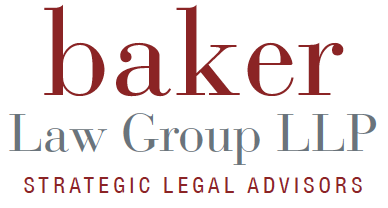Fact Check Your Paycheck: Sorting Through Common Pay Issues
Paychecks can be confusing. There are many factors that go towards your final paid amount. Some of the most common pay issues arise through unique changes to your paycheck. Whether that is commission payments, raises, or termination final payments, there are precautionary steps you can take to prepare yourself to understand what you are entitled to.
Although every circumstance is different, take the following steps at the beginning of your employment or as soon as possible to define how each situation would affect your paycheck and what you can expect.
Address It in Advance
Although addressing pay with your employer can feel uncomfortable, it is important to ask any questions you have directly. Work with your employer to make sure any questions are addressed in writing. If you will be working under a commission pay structure, make sure you determine the commission rate and when you are to be paid the rate. If you are offered a raise, take the time to determine what that means. Are you able to receive a raise in payment form only or can you receive it in the form of additional paid time-off days? Finally, one of the most uncomfortable conversations to have is if you are to be terminated, what is offered to you? How will you receive your accrued paid time-off and your final paycheck?
Asking the questions in advance provides you the knowledge to address any potential issues that may occur during your employment.
Know the Laws and Your Rights
We know you are not a lawyer, but it is important to educate yourself with the applicable laws that may protect you and your paycheck. If you are concerned about a situation and worry there may be some misuse of your time, money, and compensation, take the time to learn. If you need to address your employer, having the correct knowledge will allow you to protect yourself. The California Department of Industrial Relations is an excellent resource and can be found at: https://www.dir.ca.gov/iwc/wageorderindustries.htm
Speak Up
If you feel like you are not being properly compensated based on your discussed employment, be sure to stand up for yourself. You work hard and deserve your compensation. If your employer is not respecting your concerns or dismissing your rights, contact a lawyer and determine your best plan.
Asking the right questions at the beginning of your employment will provide you with the information and formalities to protect you from any mistreatment. However, if you find yourself unsure, it is important to educate yourself and be sure you have the tools to successfully stand up for yourself.
Contact us today at info@bakerllp.com or (858) 452-0093 if you have any questions regarding your compensation as an employee or if you are concerned about your paycheck.




